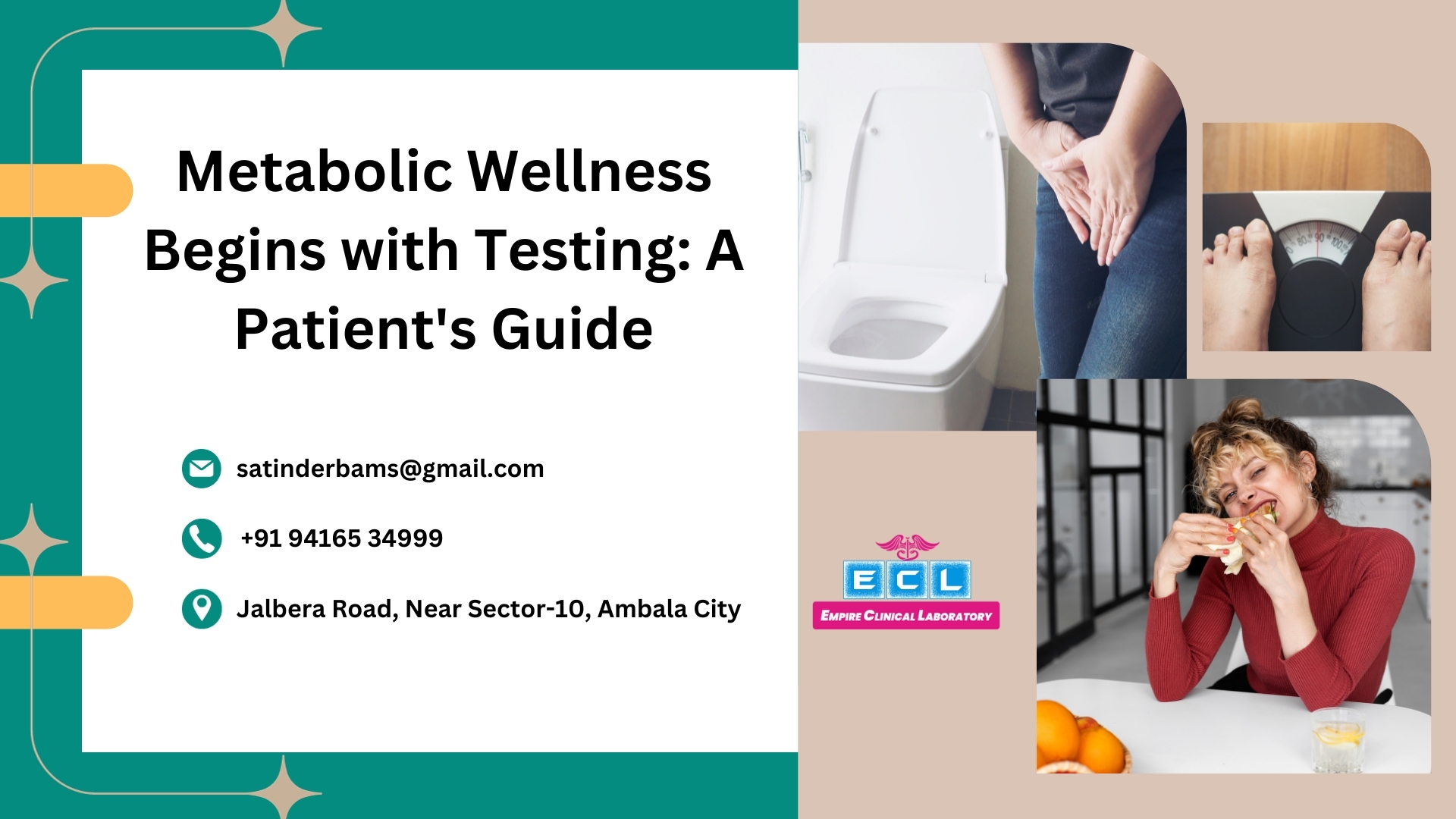Cholesterol is a word you may have heard before, especially when talking about heart health. But what is cholesterol, and why is it important? In this article, we'll discuss about the world of cholesterol, including the difference between good and bad cholesterol, and how you can get tested to keep your heart healthy.
What is Cholesterol?
Cholesterol is a type of fat that's found in your blood. It's essential for your body because it helps build healthy cells. However, having too much cholesterol can be harmful.
Good Cholesterol (HDL)
There are two main types of cholesterol: HDL (High-Density Lipoprotein) and LDL (Low-Density Lipoprotein). HDL is often called “good cholesterol” because it helps remove excess cholesterol from your bloodstream and takes it back to your liver, where it's processed and eliminated. Having high levels of HDL can be beneficial for your heart.
Bad Cholesterol (LDL)
On the other hand, LDL, or “bad cholesterol,” can build up in your arteries, forming plaques. These plaques can narrow your arteries and restrict blood flow, increasing the risk of heart disease. It's important to keep your LDL levels in check to maintain good heart health.
Cholesterol Testing
Testing your Cholesteric levels is crucial in understanding your heart health. A simple blood test, called a cholesterol blood test or Cholesteric panel, measures the levels of HDL, LDL, and total Cholesteric in your blood.
The test results will provide you and your doctor with valuable information about your Cholesteric levels and your risk of heart disease. Based on the results, you and your healthcare provider can discuss ways to manage your Cholesteric and reduce the risk of heart-related problems.
Empire clinical Laboratory
Enjoy the convenience of free sample collection right from the comfort of your home with Empire clinical Laboratory. Say goodbye to the hassle of travelling to the lab – we bring our services to you!
Maintaining Healthy Cholesterol Levels
Here are some tips to help you maintain healthy Cholesteric levels:
Eat a Heart-Healthy Diet: Focus on foods that are low in saturated and trans fats. Include plenty of fruits, vegetables, whole grains, and lean proteins in your diet.
Regular Exercise: Engage in regular physical activity, such as walking, jogging, or swimming, to help raise HDL levels and lower LDL levels.
Quit Smoking: If you smoke, quitting can improve your HDL levels and overall heart health.
Medication: In some cases, your doctor may prescribe medication to help manage your Cholesteric levels, especially if lifestyle changes alone aren't enough.
Conclusion
Understanding the difference between good and bad Cholesteric is essential for maintaining a healthy heart. Regular Cholesteric testing is a valuable tool in managing your heart health and reducing the risk of heart disease.
Remember, you can take steps to improve your Cholesteric levels through lifestyle changes, and your healthcare provider can help you develop a plan tailored to your needs.
Stay informed and take control of your heart health for a longer, healthier life.









